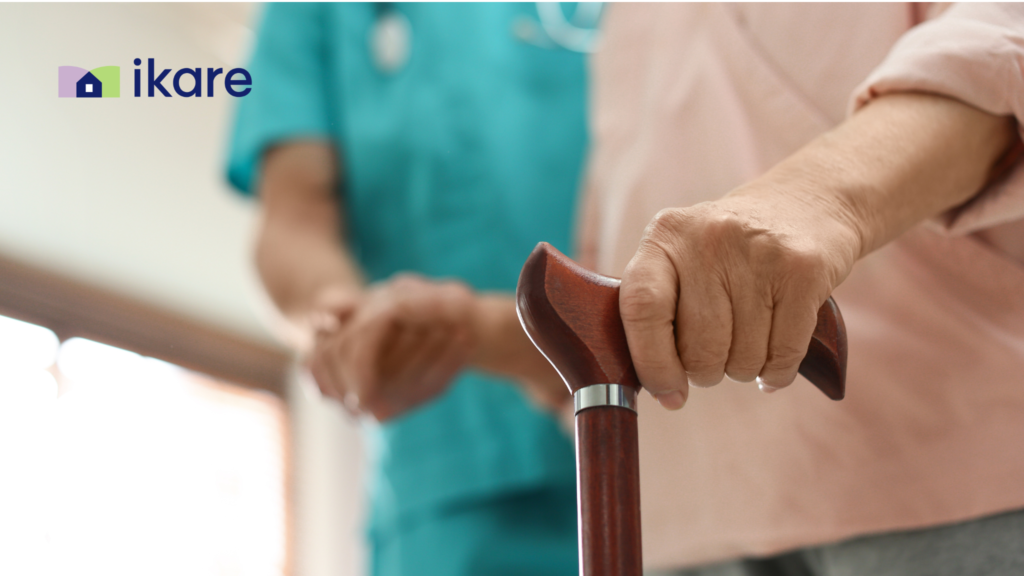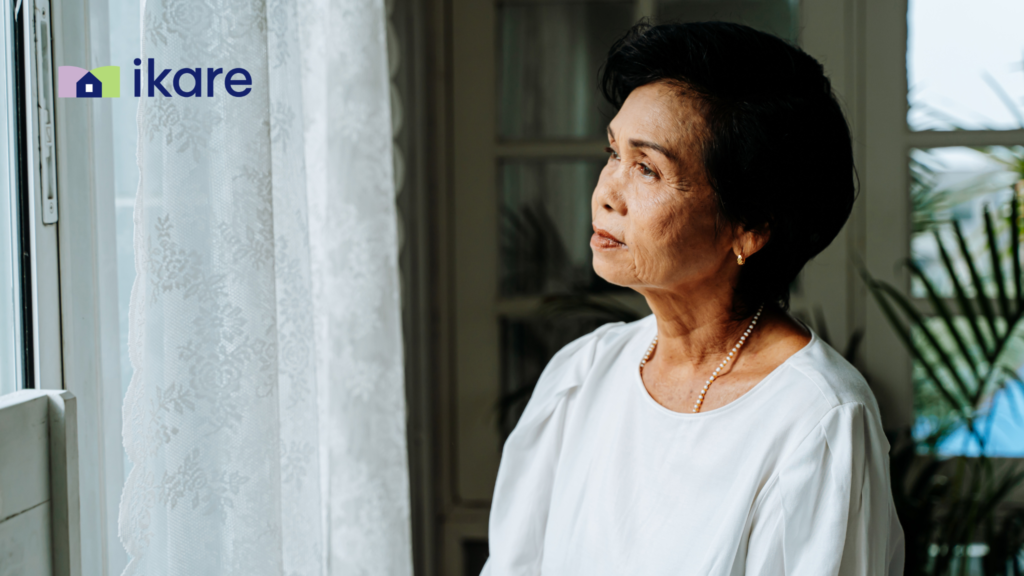
Knowing when to bring in home health care for a loved one isn’t always easy. Families often wait too long, hoping things will improve, or feeling unsure about what “the right time” really looks like. But spotting the signs early can make all the difference, helping your loved one stay safe, supported, and at home where they feel most comfortable.
So how do you know when it’s time?
Here are the key signs to watch for.
1. A Noticeable Decline in Daily Activities
One of the first red flags is difficulty managing basic daily tasks, like bathing, dressing, preparing meals, or remembering medications. These aren’t just “slip-ups.” They can be a sign that your loved one is struggling with physical or cognitive limitations.
You might notice:
- Piles of unwashed laundry or dirty dishes
- Spoiled or uneaten food in the fridge
- Missed medications or confusion about dosages
- Clothing that’s frequently soiled or worn incorrectly
When these patterns emerge, it’s time to consider extra help at home.
2. Frequent Falls or Mobility Issues
Falls are one of the leading causes of injury among older adults. If your loved one is unsteady on their feet, uses walls or furniture for balance, or has already experienced a fall, don’t wait. Even a minor fall can have major consequences.
Home health care providers can help with mobility assistance, install fall-prevention tools, and ensure a safer living environment overall.
3. Changes in Health or Chronic Conditions
Managing multiple health conditions, like diabetes, high blood pressure, arthritis, or heart disease, can be overwhelming, especially with age. If appointments are missed, medications are skipped, or symptoms are worsening, it may be time for professional care.
A home health caregiver can monitor vital signs, help manage complex care plans, and communicate with healthcare providers to keep everything on track.

4. Memory Loss or Cognitive Concerns
Forgetfulness is common with age, but consistent confusion, disorientation, or wandering are serious signs of cognitive decline, such as dementia. If your loved one forgets important appointments, repeats questions constantly, or gets lost even in familiar settings, it’s time to step in.
Home health care can provide essential supervision and create routines that promote calm and safety, while also relieving caregiver stress.
5. Caregiver Burnout
Family caregivers often carry the weight of emotional and physical stress. If you’re constantly exhausted, overwhelmed, or feeling guilty about not doing enough, it’s time to consider help.
You don’t have to do it alone. In-home care brings balance, giving you time to rest while ensuring your loved one receives the support they need

The Benefits of Acting Early
Waiting too long can lead to crisis situations, a fall, hospitalization, or serious health decline. But bringing in home health care early can prevent emergencies and improve overall quality of life. It allows your loved one to maintain their independence with dignity, while you gain peace of mind.
At iKare, our trained caregivers are here to help with everything from personal care and medication management to companionship and safety monitoring. We’re not just care providers, we’re partners in your family’s wellness journey.
My Thoughts:
If you’re asking, “Is it time?”, that might be your answer. Trust your instincts, watch for the signs, and remember: seeking help is a sign of love, not weakness.
Let iKare help your loved one age confidently and comfortably, right where they belong.

